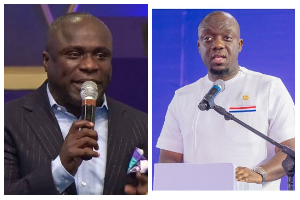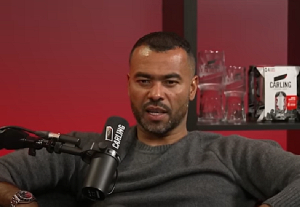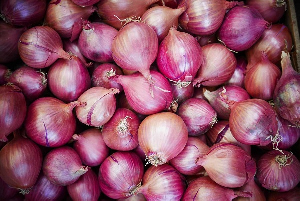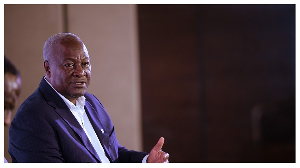Mercy360 Blog of Monday, 2 December 2024
Source: Mercy Mensah
Joseph Quartey explains voting allocation at Kaneshie Police Station.

Joseph Quartey, the presiding officer at the Kaneshie Police Station polling station, has provided clarification on the voting allocation for the 2024 Ghanaian general elections. In a video shared by GhanaWeb, Quartey explained that the polling station has a total of 1,108 registered voters.
The voters are divided into two polling divisions, A and B, with 554 voters each. This allocation is part of the Electoral Commission of Ghana's efforts to ensure a smooth and transparent voting process. By dividing the voters into smaller groups, the commission aims to reduce congestion and wait times at the polling station.
Quartey's explanation of the voting allocation was provided during the special voting exercise conducted on December 2, 2024. This exercise was designed for security personnel, election officials, and others who may not be able to vote on the general election day, December 7. The special voting exercise is an important part of the electoral process, as it allows eligible voters to cast their ballots before the main election day.
The Electoral Commission of Ghana has emphasized transparency and efficiency throughout the election process. By providing clear explanations of the voting allocation and other electoral procedures, the commission aims to build trust and confidence among voters. This is particularly important in Ghana, where elections are highly contested and closely watched.
Overall, Joseph Quartey's explanation of the voting allocation at the Kaneshie Police Station polling station provides valuable insight into the electoral process in Ghana. By understanding how the voting allocation works, voters can better navigate the electoral process and exercise their right to vote.
Entertainment

















